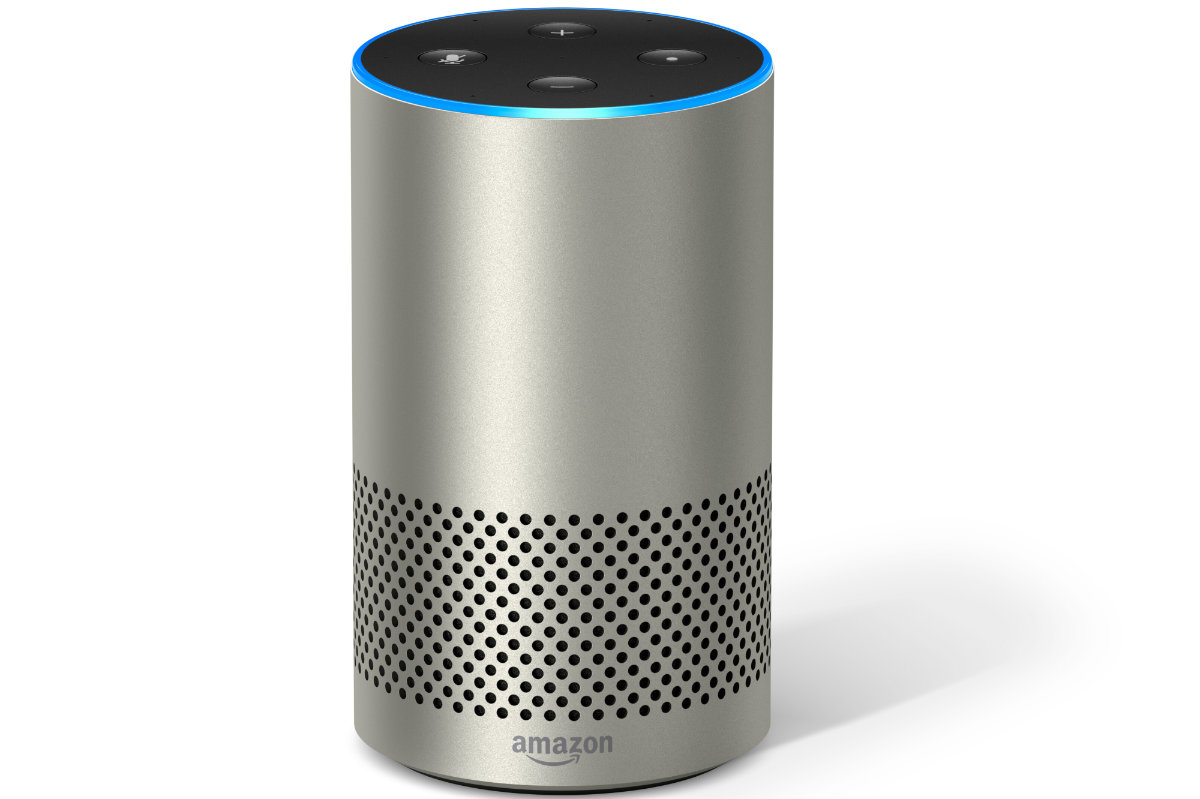You’ve probably already invested a small fortune developing an app for your waterpark, allowing guests to check schedules and wait-times for attractions and to buy annual passes with their smartphones.
Get ready to create another user interface.
Voice-activated smart speakers, such as Amazon’s Echo and Google Home, are increasingly being used to interact with businesses, including themeparks.
Universal Parks & Resorts recently launched an Alexa “skill” –- skills are to voice devices what apps are to smartphones — that lets people retrieve park information by simply asking their Echo. Example: “Hey, Alexa. When does Universal Studios Hollywood open today?”
To hear technology experts tell it, voice-search functionality is the way consumers will expect to engage with brands –- if not now, then in the very near future. Approximately 39 million Americans have a smart speaker in their homes, according to a January report from NPR and Edison Research.
“Using your voice is the next evolution of how we get this information out,” said Brian Westendorf, director of digital experience and mobile at AIM Consulting, a Seattle-based technology firm that counts Disney and Best Buy as clients.
That means, at some point, your marketing team will likely be tasked with coming up with responses for any number of questions folks might ask their smart speakers about your property.
So, what information should a waterpark make available via voice?
Basically, anything people would want to know before they go should be accessible through a quick Q-and-A with a smart speaker. Think in terms of park times, events and admission. And if you have the ability to track occupancy levels, that’s extremely helpful. You can expect people to ask, “How full is the park?”
AIM developed an Alexa skill for the Seattle parks district that pulls information from public calendars, allowing residents to learn what events are happening at their local park. The firm also created a smartphone app for Disneyland. One of the most important features to users was receiving timely updates about which rides were down for the day. That’s the kind of thing people will inquire about through voice-interaction, too.
Responses should be brief and to-the-point.
“From a developer’s perspective, key information should be delivered in smaller chunks,” said Christian Hansen, the AIM technology consultant who developed the Seattle parks skill.
And waterparks with attached hotels might want to consider adding a smart speaker in each room. This would cut down on questions lobbed at the front desk.
Said Westendorf: “Instead of asking the concierge, they would ask their Alexa about restaurants or things to do that day.”




